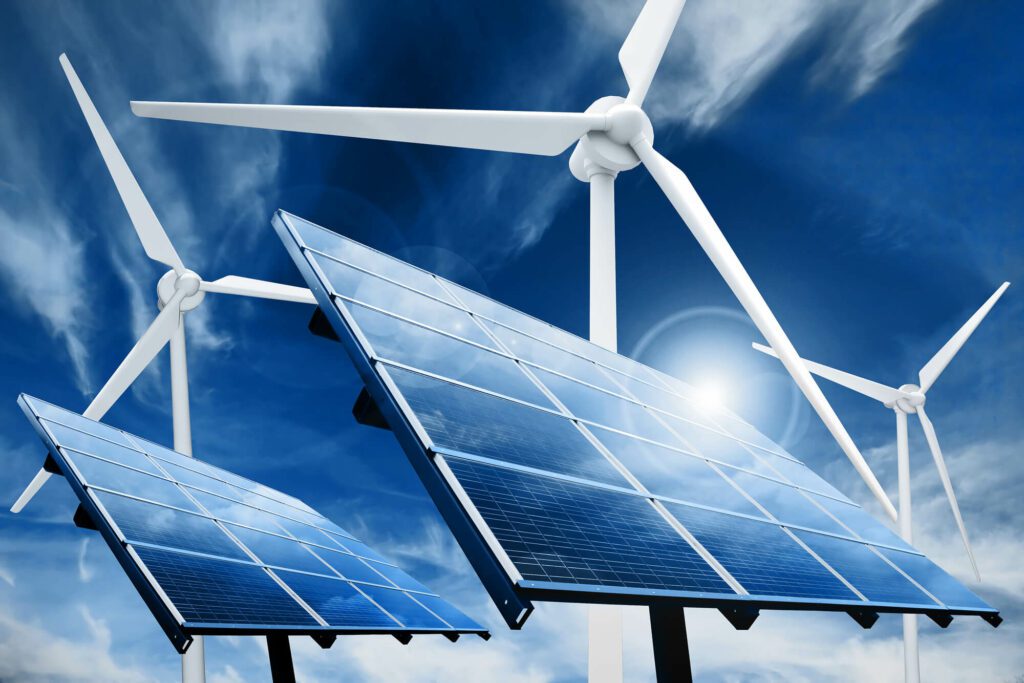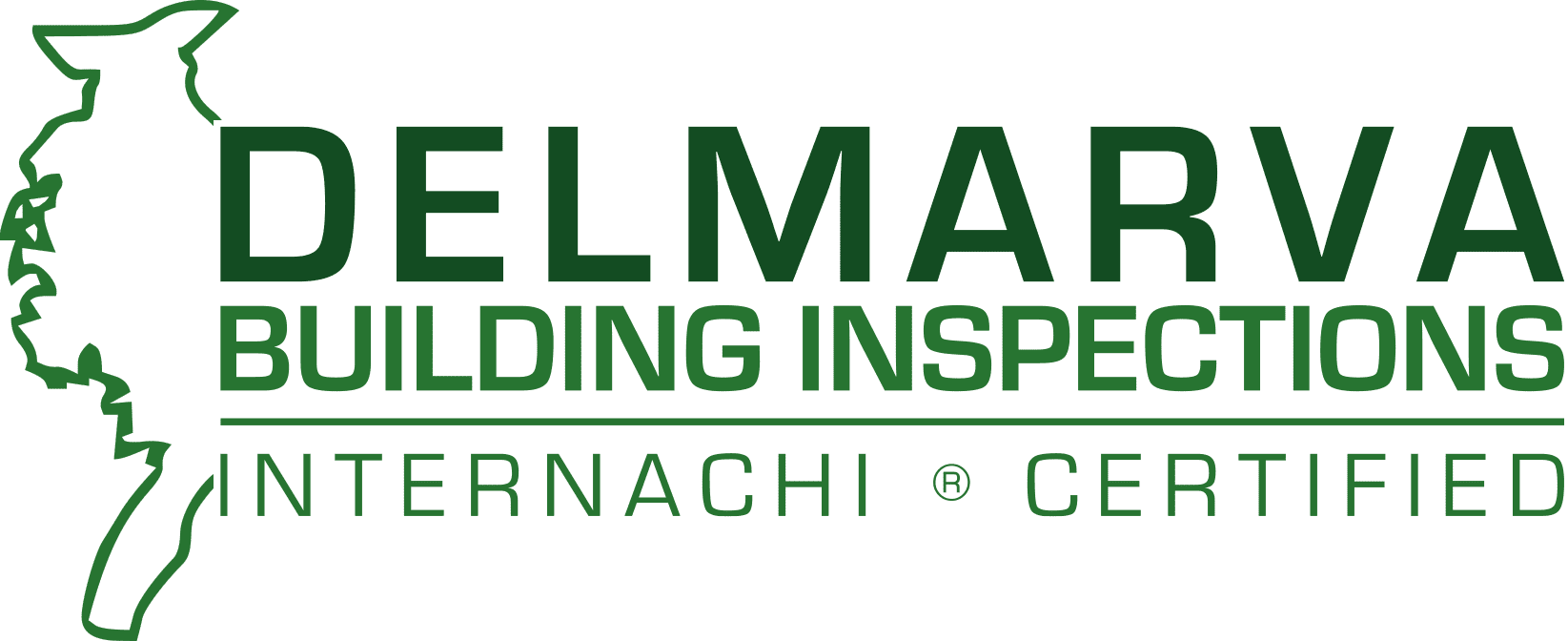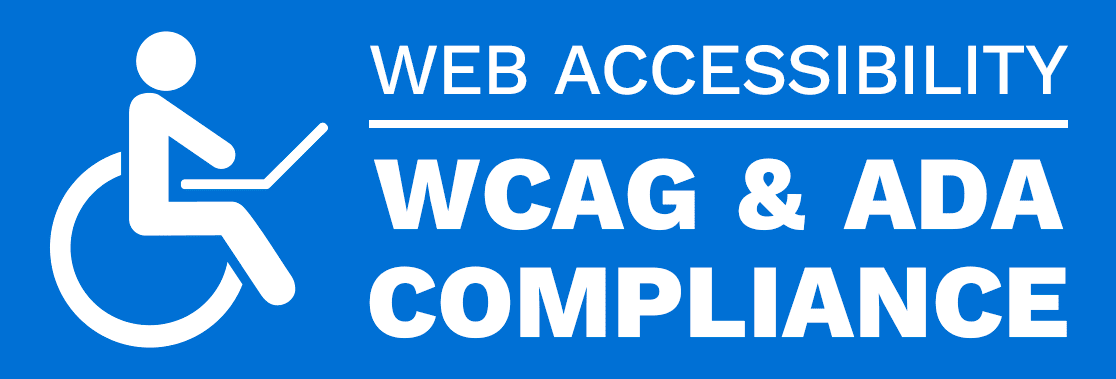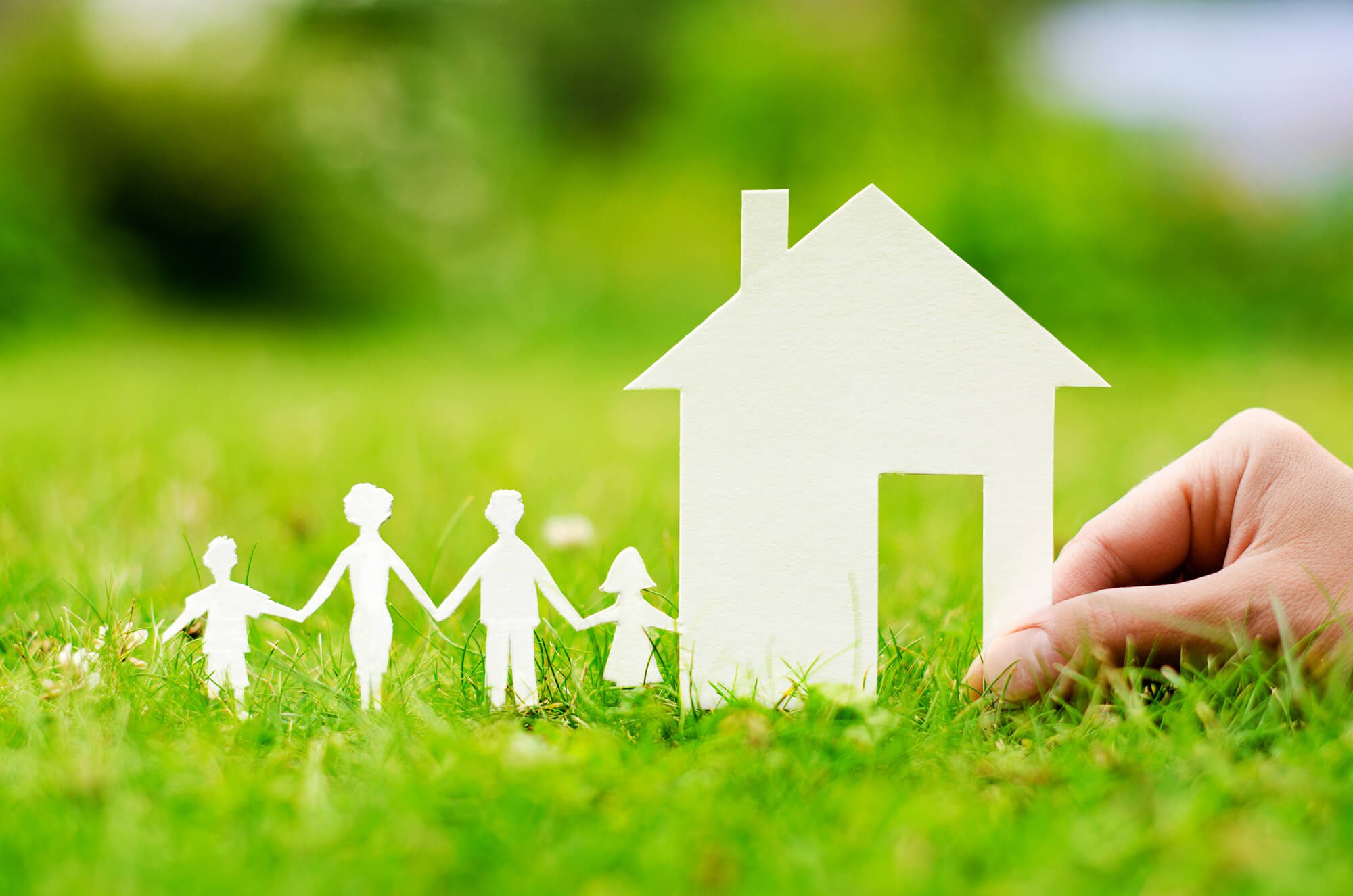Energy Efficiency Green Home Inspections of Insulation and Air Sealing
Green home inspectors examine the quality of insulation and the effectiveness of air sealing. Proper insulation and sealing help reduce energy loss and enhance a home’s energy efficiency. Additionally, inspectors assess whether the insulation materials pose no health risks to the occupants or the environment. They may also check for any signs of moisture or mold issues, which can compromise the insulation’s performance and indoor air quality.
Furthermore, green home inspectors often provide recommendations for improving insulation and air sealing, such as adding more insulation in specific areas or sealing gaps and cracks. These suggestions are valuable for homeowners looking to enhance their home’s energy efficiency and reduce utility costs while minimizing environmental impact. Overall, thoroughly examining insulation and air sealing is crucial in achieving a greener and more sustainable home. Delmarva Inspection Group provides green home inspections.

Energy-Efficient Windows and Doors
The quality and condition of windows and doors are evaluated for their energy performance. Energy-efficient windows and doors can prevent heat gain or loss. Inspectors also check for multiple glazing layers, low-emissivity (low-E) coatings, and gas fills between window panes, as these features enhance thermal insulation and reduce heat transfer. Additionally, they examine the frames and seals of windows and doors to ensure they are airtight, preventing drafts and heat loss. The assessment often includes an evaluation of the overall condition of these components, including any damage or wear that could affect their energy efficiency.
Green Home Inspectors Also Consider The Age and Type of HVAC System
Heating, ventilation, and air conditioning systems are analyzed for efficiency and proper maintenance. Energy-efficient HVAC systems can significantly reduce energy consumption. Inspectors also consider the age and type of HVAC systems in place, as newer models tend to be more energy-efficient. They examine the condition of air filters, ductwork, and thermostats, as these components play a crucial role in optimizing the system’s performance. Additionally, green home inspections may recommend routine maintenance and upgrades, such as programmable thermostats or zoned heating and cooling, to enhance the energy efficiency of HVAC systems and reduce their environmental impact.
They May Suggest Replacing Outdated Lighting and Appliances
Inspectors check for energy-efficient lighting fixtures and Energy Star-rated appliances, which can lower electricity usage. Inspectors also evaluate the placement and usage of lighting fixtures to ensure they are strategically located for efficient illumination. They also incorporate features like dimmer switches or motion sensors to reduce unnecessary energy consumption. Additionally, they may inquire about the age and condition of major appliances such as refrigerators, dishwashers, and washing machines, as older models tend to be less energy-efficient. Their assessment includes recommendations for replacing outdated and energy-efficient appliances to reduce the home’s electricity consumption and environmental impact.
Sustainability Features and Renewable Energy Sources
Green home inspectors assess whether a home utilizes renewable energy sources like solar panels or wind turbines. These systems can generate clean energy and reduce reliance on fossil fuels. Inspectors also consider the efficiency and condition of existing renewable energy systems, examining factors like the orientation and shading of solar panels or the proper functioning of wind turbines. They assess the compatibility of these systems with the home’s energy needs, looking at whether they are appropriately sized and integrated into the overall energy infrastructure. Additionally, inspectors often recommend renewable energy production, such as adding more panels or upgrading the system’s technology, to enhance its sustainability benefits and long-term cost savings. Green home inspections are picking up steam.

Green Home Inspections Include Water Efficiency
The inspection may include an evaluation of water-saving fixtures and appliances. For example, low-flow toilets and high-efficiency washing machines for reducing water consumption. Inspectors also check for potential water leaks and issues in plumbing systems because they can result in major water waste. They may assess the presence of rainwater harvesting or greywater recycling systems, which can further reduce municipal water sources. Moreover, inspectors often recommend water-efficient landscaping practices, such as xeriscaping or drip irrigation systems, to minimize outdoor water usage. Additionally, it will promote sustainable water management.
Landscaping and Garden Practices
Sustainable landscaping practices, like using native plants and minimizing water usage, are examined for environmental impact. Inspectors also consider the use of organic gardening practices, including the avoidance of chemical pesticides and fertilizers, which can harm the environment and local ecosystems. They evaluate the design of outdoor spaces to ensure they incorporate elements like permeable paving or rain gardens to manage stormwater runoff and prevent soil erosion. Additionally, green home inspectors may provide guidance on creating wildlife-friendly habitats within the landscaping, promoting biodiversity and ecological balance in the surrounding environment.
Examine The Durability and Longevity of The Selected Materials
The choice of construction materials is reviewed for sustainability. Using eco-friendly materials, such as reclaimed wood or recycled content, is considered a positive feature. Inspectors also examine the durability and longevity of the selected materials, as longer-lasting materials can reduce the need for frequent replacements, saving resources in the long run. They assess whether the materials have been locally sourced to minimize transportation-related environmental impacts. Furthermore, inspectors may recommend the use of materials with third-party certifications, such as Forest Stewardship Council (FSC) certification for wood products or Cradle certification for overall sustainability, to ensure a higher level of environmental responsibility in construction and remodeling projects.
Green Home Inspection Will Include Waste Reduction Practices
The inspection may consider waste reduction practices, such as recycling systems and composting, contributing to sustainability. Inspectors also evaluate the efficiency of waste management systems, such as the presence of recycling bins and composting facilities. They consider properly disposing of hazardous materials, ensuring they are handled according to environmental regulations. Additionally, inspectors may recommend reducing construction and demolition waste by encouraging salvaging and recycling materials during renovation or construction projects, further promoting sustainable waste reduction practices. Delmarva Inspections Group has you covered for your green home inspections.
Indoor Air Quality and Ventilation Systems
Proper ventilation is crucial for maintaining good indoor air quality. Inspectors assess ventilation systems to ensure they effectively circulate fresh air and remove pollutants. Inspectors also consider the type of ventilation system in use, whether natural, mechanical, or a combination of both. They evaluate the adequacy of ventilation rates, ensuring they meet local building codes and standards for indoor air quality. If the inspector identifies indoor air quality issues, they may recommend using air purification or filtration systems to help enhance the occupants’ well-being.
Green Home Inspections Eco-Friendly Flooring Materials
They evaluate non-toxic building materials, such as low-VOC paints and formaldehyde-free products, for their impact on indoor air quality. Non-toxic building materials, such as low-VOC paints and formaldehyde-free products, are evaluated for their impact on indoor air quality. Inspectors also assess eco-friendly flooring materials like bamboo, cork, or reclaimed wood, contributing to a healthier indoor environment. They consider the insulation materials used; insulation products can release volatile organic compounds (VOCs) over time, affecting indoor air quality. Additionally, inspectors may recommend using non-toxic sealants, adhesives, and finishes to minimize exposure to harmful chemicals. Eliminating some of these chemicals provides a safer and more sustainable living space.
Certification and Rating Systems
Some green home inspections may involve rating systems like LEED (Leadership in Energy and Environmental Design) or Energy Star certification. This will provide standardized criteria for evaluating a home’s environmental performance. Inspectors also assess whether the home meets the requirements and criteria set forth by these certification and rating systems. Energy efficiency targets or sustainable building practices.
They consider how the home’s design and construction align with the principles of these programs, including factors like site sustainability. Additionally, they address water efficiency and indoor environmental quality. Furthermore, inspectors may guide any necessary improvements or modifications to help homeowners achieve their desired certification level, promoting greater sustainability.
- After the inspection, inspectors typically provide recommendations for improving energy efficiency and sustainability. These suggestions may include upgrading insulation, replacing outdated appliances, or incorporating renewable energy solutions.
- Homeowners or buyers receive a comprehensive report summarizing the inspection findings and outlining steps to enhance the property’s green features.
Benefits of Green Home Inspections:
- Reduced energy bills for homeowners.
- Enhanced property value due to improved energy efficiency and sustainability features.
- Reduced environmental impact and carbon footprint.
- Improved indoor air quality and overall living conditions.
The growing trend of green home inspections reflects the increasing awareness and importance of energy efficiency and sustainability in the real estate market. These inspections help homeowners and buyers make informed decisions, reduce their environmental impact, and create more comfortable and energy-efficient living spaces. As sustainability continues gaining prominence, green home inspections will likely become an even more integral part of the real estate industry.


















